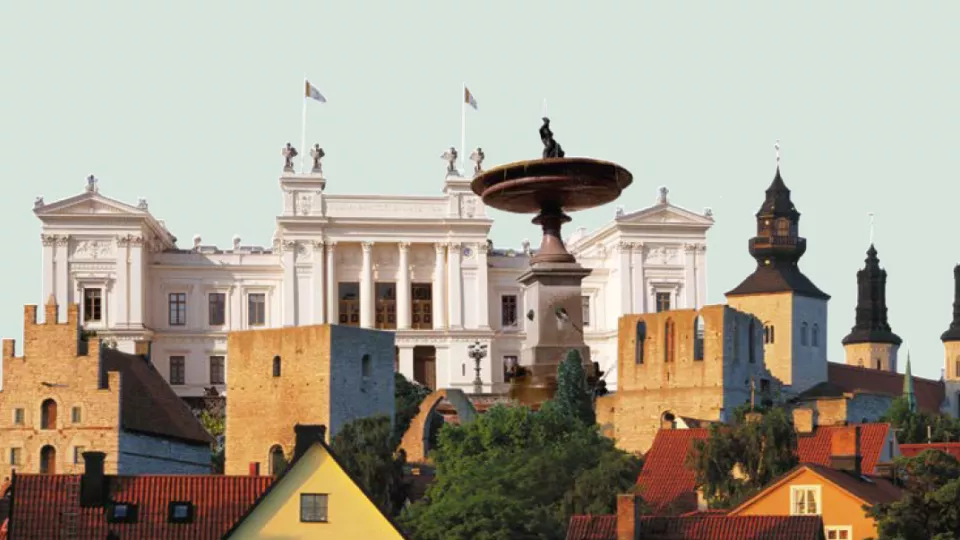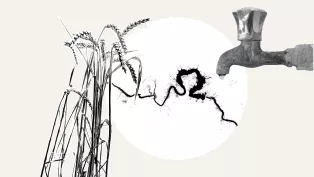The End of Liberal Democracy in Israel?
29 June 2023, 10:00 to 10:45, Hästgatan 13, Visby
Please note that this seminar will be held in Swedish.
Israel is facing its worst internal political crisis in decades after its newly installed far-right government seeks to take total political control of the judiciary. What long-term political consequences could this have in Israel?
Hundreds of thousands of Israelis are out protesting in the streets against what is described as a "legal revolution" and increasing authoritarian rule. This panel will discuss what possible consequences this will have politically in Israel and in the region, but above all for the Israeli-Palestinian conflict, which is currently in a violent conflict escalation.
Participants
- Göran Rosenberg, author and journalist
- Lisa Strömbom, researcher, CMES and Dept. of Political Science, Lund University
- Anders Persson, researcher, Dept. of Political Science, Linnaeus University
- Karin Aggestam (chair), Director of CMES, Lund University
Read more about the event in Almedalen's official program.
Climate Challenges in the Middle East
29 June 2023 12:00 to 12:45, Hästgatan 13, Visby
“Extreme heat can make the Middle East uninhabitable in 80 years”, “Climate change caused the Syrian war”, “the Middle East ran out of water in the 1970s”. These claims are often heard when discussing climate and water in the Middle East. But what are the main challenges for the region and what can we learn?
The latest climate report from the Intergovernmental Panel on Climate Change (IPCC) predicts that the Middle East can expect an increase in extreme weather, with more dry spells and increased risk of extreme rainfall events, leading to severe floods. The water situation in most Middle Eastern countries is already extremely strained and climate change will put further strains on agricultural production in the region, eroding livelihoods and impacting food security. Heat is also a health issue in this region where many areas exceed dangerous temperatures during the summer.
This panel will discuss the challenges and likely risk factors that the region is facing as a result of climate change, including extreme heat, drought, climate migration and armed conflict.
Participants
- Lina Eklund, researcher, CMES and Dept. of Physical Geography and Ecosystem Science, Lund University
- Pinar Dinc, researcher, CMES and Dept. of Political Science, Lund University
- Sara Brogaard, researcher, CMES and LU Centre for Sustainability Studies, Lund University
- Stefan Döring, researcher, Dept. of Peace and Conflict Research, Uppsala University
- Karin Aggestam (chair), Director of CMES, Lund University
Read more about the event in Almedalen's official program.
The seminars are organized by the Center for Middle Eastern Studies (CMES) at Lund University within the strategic research area The Middle East in the Contemporary World (MECW).




